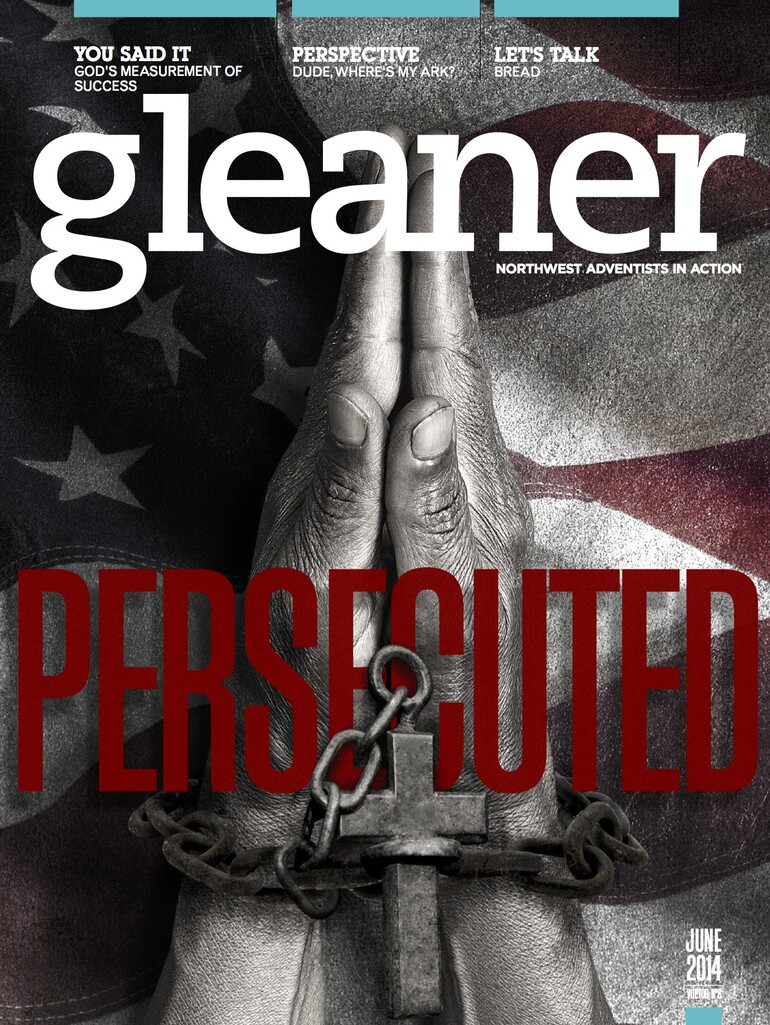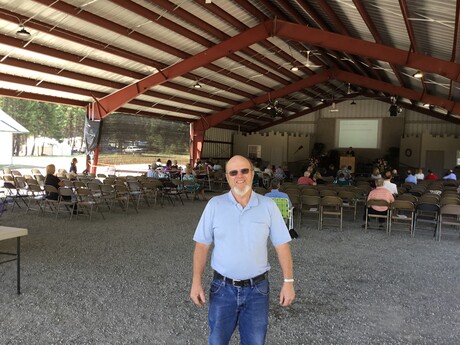When I graduated from high school, I already had two years of college classes under my belt. Having participated in Washington State’s Running Start program, all of my prerequisites were finished, and I was ready to move to Walla Walla and conquer my Bachelor of Arts in two years. I thought I wanted to teach English, but after a quarter or two I decided psychology suited me better and, shortly after that, theology. Soon I had finished a year of university and was no closer to any degree. With the next year came more floundering and tighter funds. When I should have been graduating, I was instead staring at two years of transcripts and despairing at the lack of direction they reflected. I made the difficult decision to withdraw from school.
Leaving Walla Walla made me feel like a failure. People frequently asked me when I planned to return to school, and I had to admit that I didn’t know. I was ashamed of myself, and I started to get the sense that other people were ashamed of me too. After all, I had heard that to “make something of yourself,” you need an education; someone who quits school is “throwing her life away,” and of course “you don’t want to end up like that person.” But I had to take a menial job to pay bills and did become that person.
I internalized those phrases, and in the years after Walla Walla they were repeated to me regularly by my inner voice — a club in Satan’s hand, bludgeoning my sense of self-worth. But recently, that voice has changed. It started when I heard a sermon, spoken eloquently, powerfully and by a man without a college degree. In fact, the speaker was a farmhand who dresses in flannel and shovels cow poop on a daily basis. But he knew God’s Word, and I was impacted by his message about glorifying God in all that you do. It helped me see that my focus was off. What I thought was important and what God says is important were not the same. God never asked me to “make something of myself” through education, and scholastic achievement certainly does not factor into His determination of my worth. Pride told me that I needed a title and a business wardrobe to be a successful person, but God tells me I only need Jesus.
Now here is a dirty little secret: When job hunting, I used to skip over all of the janitorial and fast-food positions, honestly believing myself to be superior to such occupations. With that attitude I had been a perpetuator of the cultural shaming of menial workers and the uneducated, like that godly farmhand (and ironically, like myself). Now, instead of being ashamed at my incomplete education, I am ashamed and appalled at such blind pride. I have been changing how I allow myself to think and feel about those in low-paying positions. I’d encourage you to do the same. How does your heart react when you are served your pizza by a middle-aged man? If you find yourself thanking God you aren’t in his position, you may have a heart problem other than the one caused by the pizza.
Some of the most inspirational Bible authors and subjects were farmers or fishermen, and for many important characters an occupation is not even recorded. I think that by choosing to use and document people from all sorts of backgrounds in the expansion of His kingdom, God was trying to show us that worldly “success” does not impress Him, and it is irrelevant to heavenly success.
I am not saying I believe higher education is bad or that worldly and heavenly success are mutually exclusive. There are many important professions that call for a college degree, and God calls many people to those professions. But where He doesn’t always call people to a particular profession, He does call everyone to spread the gospel through loving Him and loving others. So examine your heart’s motives, and “whatever you do, work heartily, as for the Lord and not for men, knowing that from the Lord you will receive the inheritance as your reward. You are serving the Lord Christ” (Col. 3:23).












